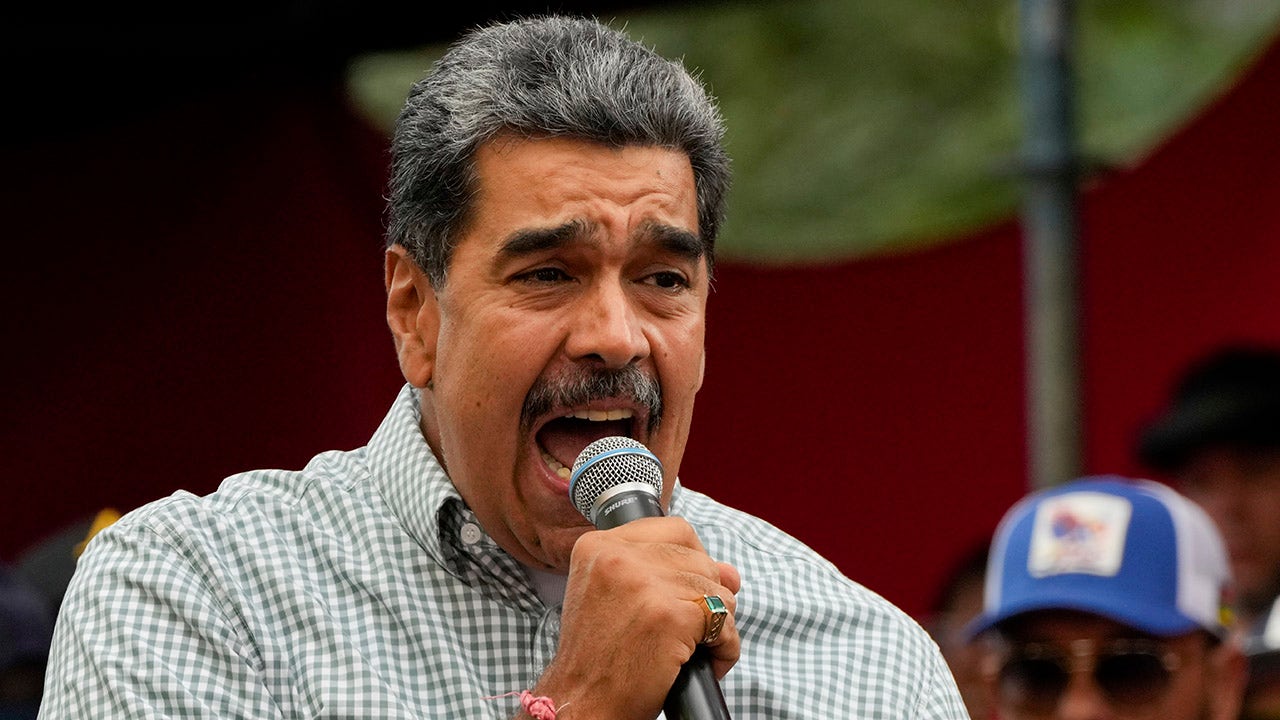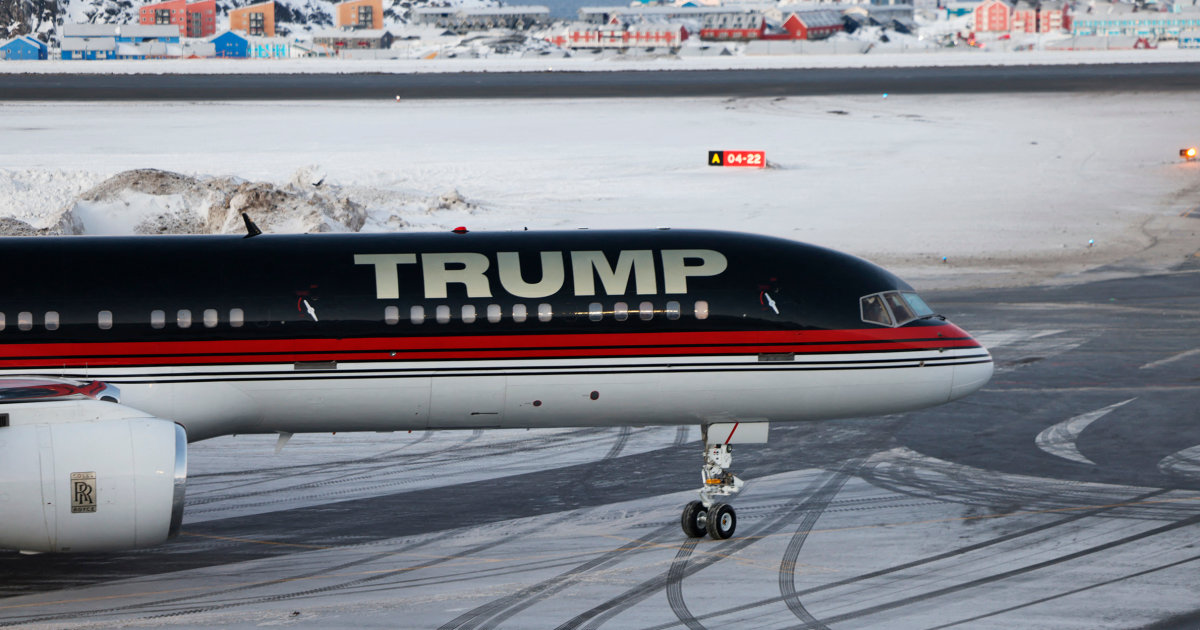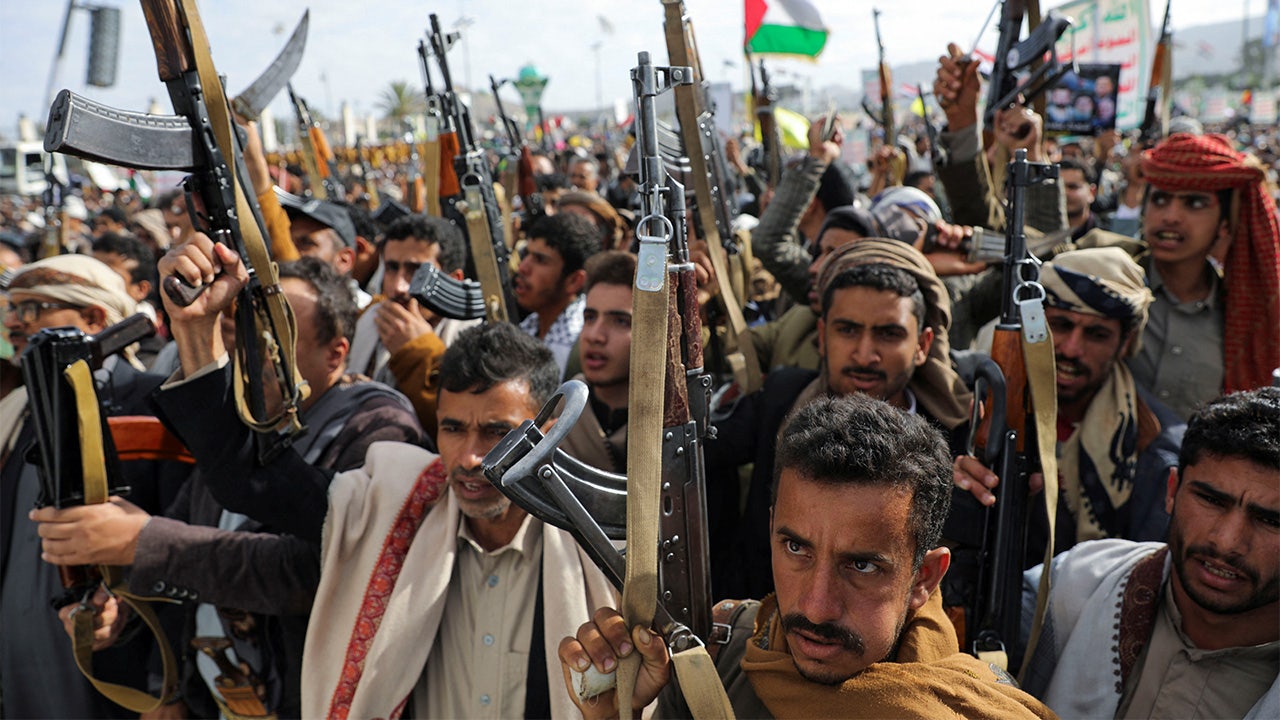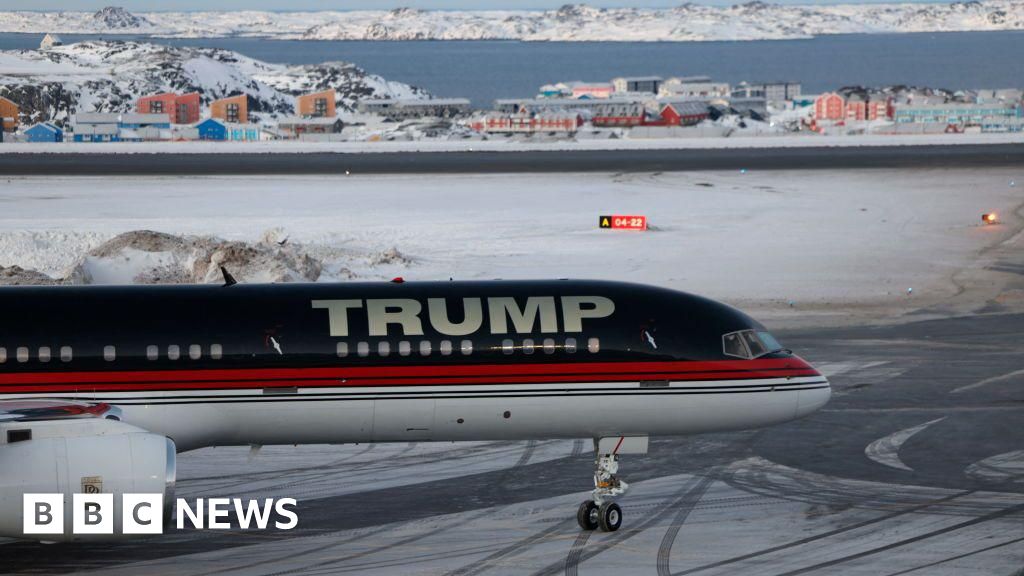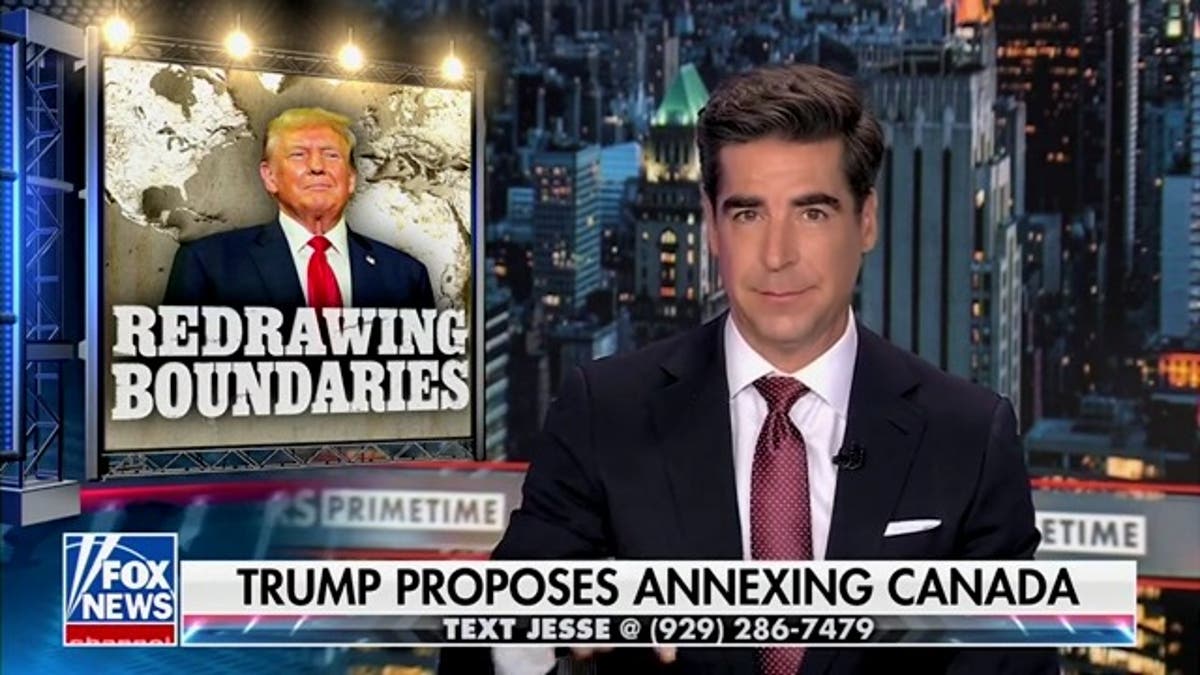World
South Korean president declares martial law but is met with immediate opposition from parliament
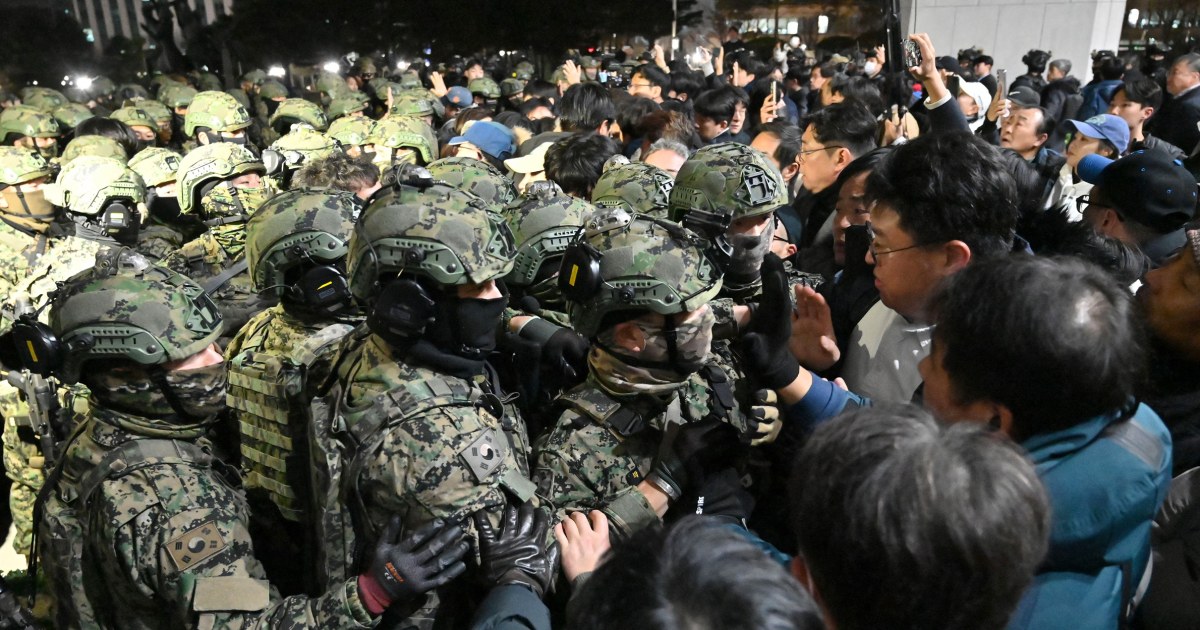
SEOUL, South Korea — South Korean President Yoon Suk Yeol declared martial law in an unannounced late-night TV address on Tuesday and was met with defiance from opposition lawmakers in the National Assembly some 155 minutes later.
With 190 of its 300 members present, South Korea’s parliament quickly passed a resolution demanding that Yoon lift his order while protesters opposed to martial law gathered outside the building.
National Assembly Chairman Woo Won-sik declared after the vote that martial law was nullified and demanded that the special forces leave the building and grounds of the National Assembly. Shortly afterward, the soldiers began filing out through one of the gates.
“I regret what happened today,” said Han Dong Hoon, leader of the ruling party. “Exercise of military police and other government authority is illegal now that the resolution for the nullification of the martial law has passed.”
There was no immediate response from Yoon, whose conservative government took office in 2022 and who, as justification for declaring martial law, accused opposition parties of sympathizing with North Korea and controlling parliament.
“I am declaring a state of emergency in order to protect the constitutional order based on freedom and eradicate shameful pro-North Korea anti-state groups, that are stealing freedom and happiness of our people,” Yoon said on the country’s YTN news channel. He added that this would protect the country “from the threats of North Korea’s communist forces.”
“While the imposition of martial law may cause significant inconvenience to the law-abiding citizens who uphold the constitutional values of the Republic of Korea, I will strive to minimize these disruptions,” he added.
His address was quickly followed by a proclamation from Martial Law Commander, Gen. Park Ahn-soo.
It said that “all political activities” would be banned, and that “all media and publications will be subject to the control of the Martial Law Command.”
“Strikes, work slowdowns, and gatherings that incite social disorder are forbidden,” it added. It also ordered “all medical professionals” to return to work within 48 hours.
“Violators of this proclamation will be subject to arrest, detention, and search and seizure without a warrant under Article 9 of the Martial Law Act,” it said.
It is the first time since 1980 that martial law has been declared in South Korea.
There have been no reports of tanks or soldiers on the streets in the capital, Seoul, or elsewhere in South Korea, which is a key U.S. ally in the region and home to around 28,500 American troops.
But South Korea’s Yonhap News Agency reported that dozens of people had gathered in front of the National Assembly in the early hours of the morning local time, leading to scuffles with police.
The Korean won fell sharply against the U.S. dollar after the announcement.
Yoon has struggled to push through his agenda against an opposition-controlled parliament and his approval rating has nosedived in recent months due to various controversies.
His People Power Party has clashed with the liberal opposition Democratic Party, which has a majority in parliament, over next year’s budget. The Democratic Party has also pushed to impeach some of the country’s top officials.
Han Dong-Hoon, the head of Yoon’s party, has vowed to block the declaration, according to Yonhap.
The agency also reported that the country’s defense minister has ordered a meeting of key commanders and called for tightened vigilance.
The leader of the Democratic Party, Lee Jae-myung, was quoted by Reuters as saying that martial law would cause the country to “collapse irretrievably.”
“Tanks, armored personnel carriers, and soldiers with guns and knives will rule the country,” he said.
Stella Kim reported from Seoul and Freddie Clayton from London.


